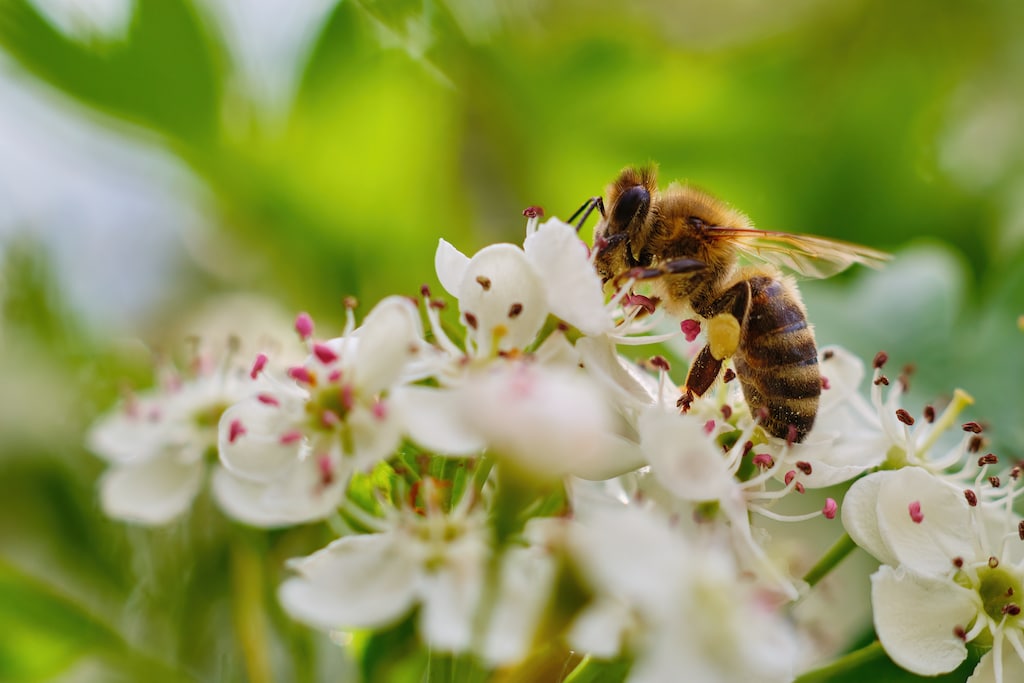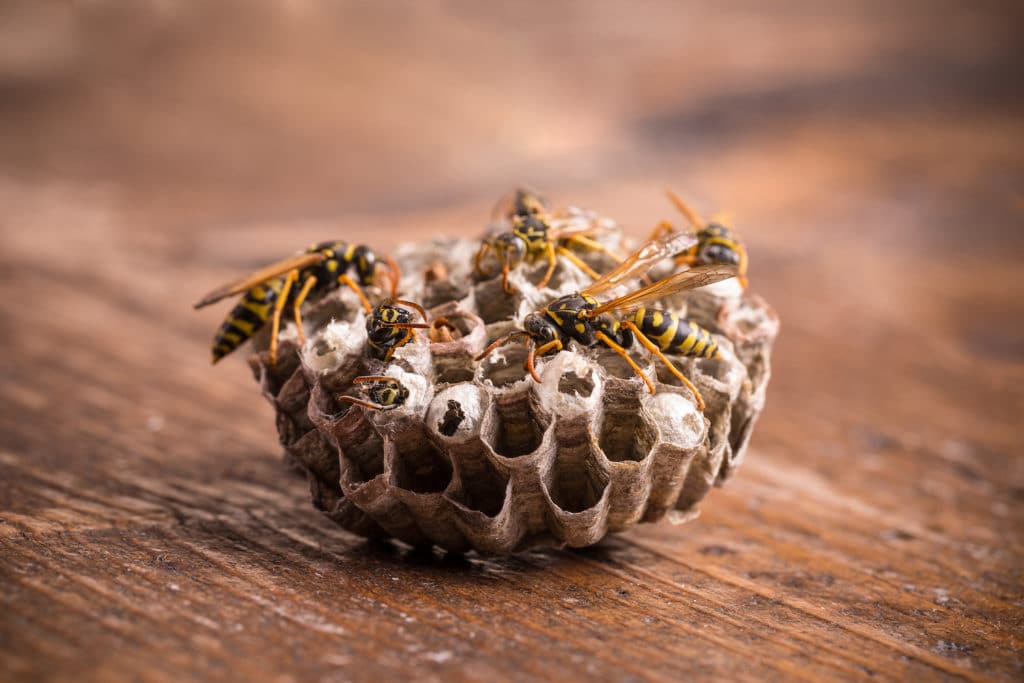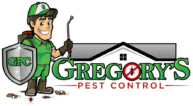Southwest Ranches Wasp and Bee Removal Services
Bees invading your home? Call Gregory’s today to remove them safely and humanely.
Looking for bee & wasp control? Get a free quote.
Plenty of bees and wasps call Southwest Ranches home. Species such as honeybees provide benefits while others are just plain nuisances—and you wouldn’t want any of them locating their hives too closely to your house. This is especially true if you, someone in your family, or guests are allergic to their stings.
Here at Gregory’s Pest Control, our professional wasp and bee exterminators can address the problem for you, ASAP. To get started, just contact us online or call us at (954) 326-8287.
Bees in Florida

Bees, like other creatures, will defend their homes (hives) and territories, sometimes aggressively. If they sense a threat, they’re reasonably likely to sting—and even if the sting is mild, it can cause significant health problems if it triggers an allergic reaction. Plus, if you have honeybees near your home, other pests may be attracted to the sweet substance.
According to the University of Florida, more than 320 bee species are in our state. Here’s an overview of some of the more common types:
- Sweat bees: Sixty-six types of these very small to medium size bees are in Florida. As the name implies, these brilliantly-colored bees will look for sweat to drink.
- Leafcutter bees: Twenty-six kinds of these medium to large size bees live here, using leaves to line their nests. You can identify them by pollen-carrying hairs under their bellies.
- Mason bees: Fourteen species of these insects live here, lining nests with mud.
- Bumblebees: Six species of these large insects are in Florida. It’s fairly easy to confuse them with honeybees.
- Carpenter bees: Five species bore through wood. These can be confused with bumblebees.
- Long-horned bees: Twenty-four species of these medium to large size bees are in Florida. The long antennae of the males gives the species this name.
- Mining bees: Sixty-three species dig holes in Florida soil to build nests.
- Plaster bees: Twenty-six species line their nests with a substance resembling cellophane.
- Cuckoo bees: Seventy-three species will lay their eggs in the nests of other bee species. They can resemble wasps.
- Honeybee: Finally, one helpful honeybee species is native to Florida, this is a creature that pollinates and plays a key role in agriculture.
A Word About Africanized Honey Bees
The Africanized honey bee (AHB) has gained the nickname of the “killer bees,” and here’s why. First, this species was bred by scientists in Brazil who wanted to find a way to create more honey in warmer climates. These bees are now in Florida.
If comparing one single AHB with a single “regular” honeybee, the AHB would actually have less venom. However, this is an aggressive species, ready to attack if they perceive a threat to their hives. In fact, large numbers of them have chased people that came too close to their nest, and this had led to fatalities when a person received too many bee stings in a short period of time. So, stay away from bees, even the beneficial honey producing ones.
Proactively Keeping Bees Away
First, get rid of dormant or abandoned bee hives. The scent can draw in bees looking to create their own colonies. Then, look for places where bees can get inside your house around doors, windows, and siding gaps as well as around your gutters. They only need holes of a quarter of an inch to gain entrance, so patch these openings. Also check vents, ducts, and chimneys to see if these might be entry points.
Minimize what you keep outside and consider where you’re planting herbs and flowers. If they’re near where bees might build a hive, plant them elsewhere—and strategically use natural repellents: peppermint plants, cucumber peels, crushed garlic, and cinnamon.
If Bees Get Inside
Bees may build nests inside chimneys or walls. This increases the risk of contact with them, including stings. Plus, honey can damage your home. So, contact us online or call (954) 326-8287 for prompt, professional bee pest control services.
We’ll identify the species, which takes a professional eye, given the large numbers of species that live in Florida. Then, we’ll appropriately respond, which includes relocating hives containing beneficial bees.
Wasps in Florida
Two main species of wasps live in Florida: the paper wasp and the cicada killer wasp. The first is social, living in large colonies, while the second enjoys solitude. Reddish-brown paper wasps are the smaller species, stinging to protect their nest. Cicada killer wasps can resemble yellowjacket bees, stinging cicadas and eating them.
Proactively Keeping Wasps Away

Wasps can settle in homes, especially in eaves, gutters, and soffits. Just like with bees, their stings can be fairly mild—but can cause medical problems for people with allergies. To help keep them away, keep your outdoor trash cans tightly sealed, clean up food promptly after eating outdoors, and consider where you’re planting your flowers. Plus, keeping other pests away can deprive them of a food source, hopefully causing them to build their nests somewhere else.
If you have a problem with them, our bee exterminators also promptly address wasp challenges. So, contact us online or call (954) 326-8287.
Choose Gregory’s for Wasp and Bee Removal
You’ll benefit from prompt, personalized attention and service that comes with a 100% satisfaction guarantee. Our founder, Bob Gregory, started this company when he recognized a need for customized professional services and the importance of building relationships with customers. When he worked for a large pest control chain, it became clear what was lacking, and he knew there had to be a better way. The result: Gregory’s Pest Control.
Founded in 1985, Gregory’s is still family owned and operated, and more than thirty-five years later, our company still follows the same founding philosophy: of providing unique services that are tailored to a customer’s specific needs—service provided with a smile.
To get started with your wasp or bee control—or broader residential pest control services—please contact us online or call (954) 326-8287. We look forward to adding you to our family of satisfied customers.




